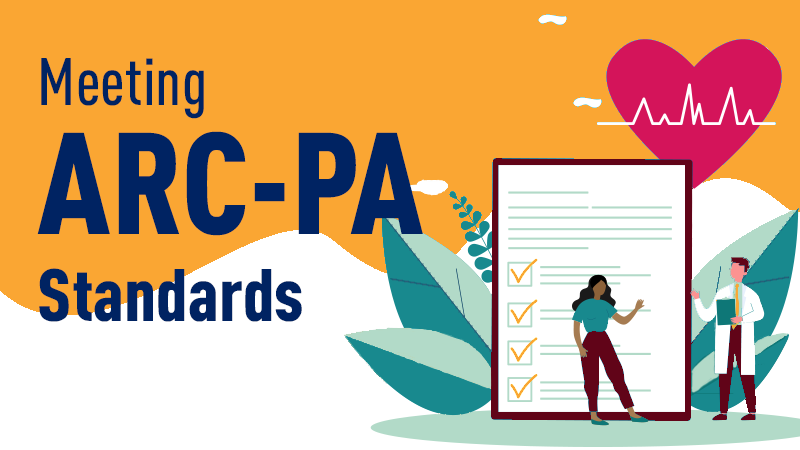
By: Darcie Larimore-Arenas, MSPAS, MPH, PA-C | Assistant Professor | Touro University California, College of Education and Health Sciences, Physician Assistant Program
Touro University California Physician Assistant Program has been utilizing Aquifer cases since 2019. Originally, the cases were assigned to clinical year students to fill knowledge gaps and remediate rotations. Clinical year students found reviewing concepts in Aquifer cases during the virtual rotation block very valuable and found that cases improved in-person patient encounters. Rapidly, faculty saw the value in assigning Aquifer cases in the didactic year as well. After implementing Aquifer in the didactic phase, our course coordinators noticed that students were performing better on vignette-style questions in quizzes and block exams.
In fact, our use of Aquifer has grown to the point where faculty are negotiating for Aquifer cases to use in their classes so that we don’t duplicate across the curriculum! Luckily, we developed a system early on to track faculty case usage by cohort to avoid duplication.
Program Overview: Case-Based Learning Every Term
Cases are assigned from across Aquifer’s content library every semester for Touro California PA students. Our program’s curriculum has become more case-based over the years, and with the increased need for remote learning due to COVID-19, the Aquifer cases have integrated seamlessly. Cases are selected based on individual course objectives, which are developed according to the ARC-PA standards and the NCCPA blueprint.
Didactic Applications
Cases from all Aquifer courses are in heavy rotation with the didactic faculty in the Medicine, Clinical Pathophysiology and Diagnostic Studies, Clinical Applications, Maternal and Child Health, Geriatrics, and Emergency Medicine courses. Outside of the clinical term, our Clinical Applications courses have incorporated many Aquifer cases as well.
Ask a different faculty member, and you will hear a different response on how learning with Aquifer can be accomplished. Some instructors prefer assigning Aquifer cases for completion outside the classroom, with or without in-class review. Other faculty work through the Aquifer cases with students during class time, using Zoom breakout groups to facilitate peer discussion. Still others will quiz students to test clinical reasoning after students work the cases individually or in small groups, or ask students to present their cases to the class in a Grand Rounds format.
Virtual Rotations & Filling Targeted Gaps
In our clinical year, faculty are using cases from all Aquifer courses, plus WISE-OnCall (Readiness for Practice) and WISE-MD (Surgery). The primary focus of our clinical use is to fill gaps for students who missed clinical experiences, did not meet the hours required for clinical sites, or are in need of remediation. Faculty can target case assignments to fit the needs of individual students using the filter options in the Aquifer Content Library, searching by clinical location, patient demographic, system, or condition. This past year saw the broader use of all facets of the Aquifer library as our clinical instruction team built and implemented custom-designed virtual rotations for students limited by Covid-19 restrictions.
System for Shared Use
How does the program ensure they are not assigning duplicate work or omitting useful cases from the curriculum? Our faculty keep an online spreadsheet for each cohort detailing which Aquifer course and case number have been assigned to that group of students in each course, along with the semester it was used, and the content area it is being used to teach. This living document is updated regularly on the shared Program drive and is searchable by Aquifer content area and curriculum chronology.
Outcomes and Challenges
The Touro California PA Program has observed a number of benefits since implementing Aquifer cases. Faculty have seen enhanced retention of the course material, improved clinical reasoning and medical decision making, and higher student confidence in clinical scenarios. We do note some challenges ensuring student comprehension and managing student tendencies to rush through cases, which faculty manage by incorporating quizzes or in-class activities.
Our faculty have completely embraced Aquifer content and, since our program subscribers to all five Aquifer signature courses, we have access to the new set of Integrated Illness Scripts. We are looking forward to utilizing the Integrated Illness Scripts this year as yet another valuable tool in our endeavor to train high-quality physician assistants. Aquifer is an invaluable tool for the Touro University California PA Program.




